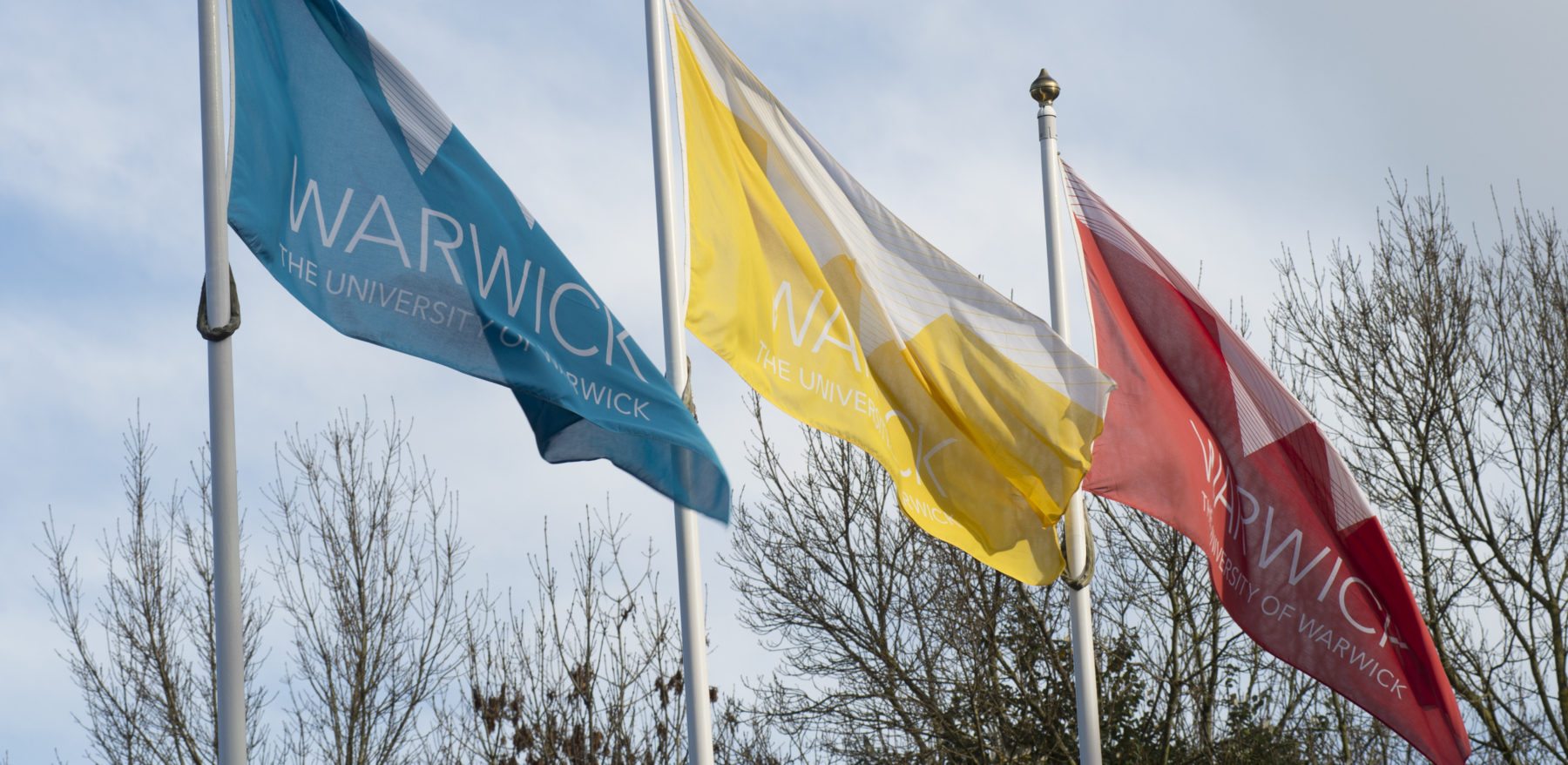Warwick Professor’s breakthrough in stroke prevention
Dr Nick Dale, Professor of Neuroscience at Warwick, is on the brink of a huge leap forward in the diagnosis, treatment and prevention of strokes.
He created a device that could detect strokes quickly, including those that do not show up on a brain scan.
His invention is called the SMARTChip, it is developed by his biosensor company Sarissa, which is part of the university.
Dr Dale’s hypothesis is that a substance, called purine, becomes detectable in the bloodstream at the onset of a stroke. The chip measures levels of purine, which could be used as evidence to reliably determine whether or not someone suffered from a brain attack.
A three-year clinical trial, due to end in April 2017, has been running in three UK hospitals under Dr Dale and his team.
Dr Dale’s initial work was in an area reportedly unrelated to neurology, namely how tadpoles’ swimming slowed down and eventually stopped. As part of his research, he had to measure a substance adenosine, for which he created a special biosensor.
Recognising its potential, the professor began to look for application in other areas and was eventually introduced to Bruno Frenguelli, a neuroscientist at the Univeristy of Dundee. A fruitful collaboration began, their team expanded and after years of trial and error, the SMARTChip came about.
Dr Dale commented: “In 10 years time, I’d hope that our SMARTchip would be in the defibrillator boxes that enable the public to treat cardiac arrest.
He continued: “Upgraded with Sarissa’s SMARTChip, they should become multifunctional, enabling the public to contact the health service with more complete information.”

Comments